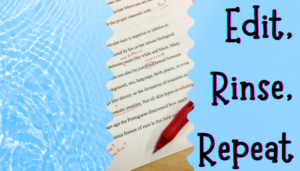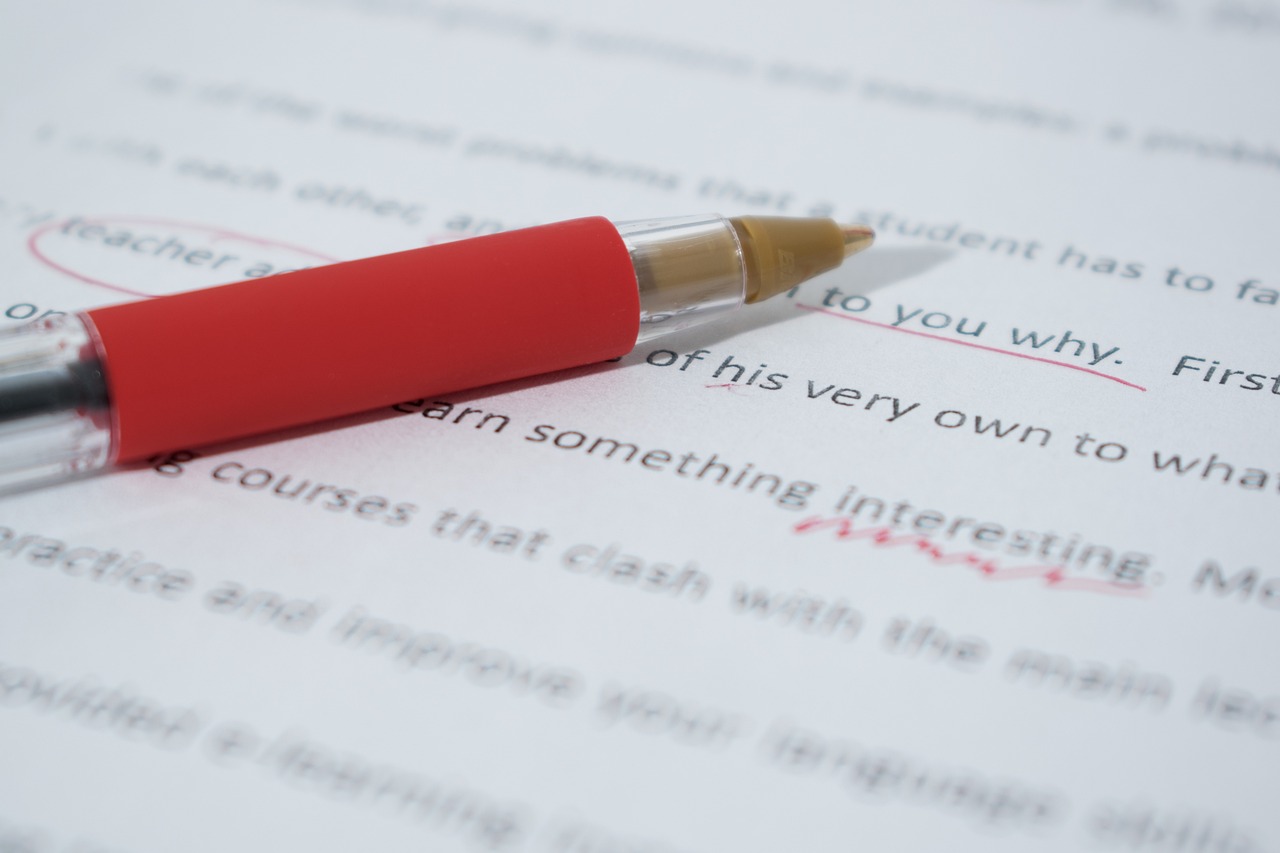Killer Tips for Editing that Really Work
Welcome, fellow authors and word weavers. If you’re here, it’s safe to assume you’ve woven a compelling tale, only to realize the first draft is merely the opening act. Transforming it from ‘meh’ to ‘marvelous’ requires an additional, critical journey – Editing. Yes, that finicky task of revisiting your work, turning the text this way and that until it sparkles. So, buckle up as we journey through killer editing tips that make your novels impossible to put down.

1. Embrace the Pause
You’ve just put down the last period on your first draft. Congratulations! Now, it’s time for a well-deserved break. Let your novel sit for a while before you venture into the editing wilderness. This breathing room gives you a fresh perspective when you return to your work.
2. Hear Your Characters Speak
When you read your dialogue out loud, it can highlight any stilted or unnatural exchanges. If your dialogue doesn’t sound convincing when spoken, chances are, it won’t read well either.
Check out “Mastering Dialogue: Techniques for Writing Authentic, Believable Dialogue that Moves the Story Forward” for more tips on improving your dialogue.

3. Tread the Fine Line of Over-Editing
As authors, we’re often our own harshest critics. But too much nitpicking can make your prose lose its charm. Your novel should reflect your distinctive voice. Strive for balanced edits that enhance, not erase, your unique style.
4. Tap into Tech
There’s a whole array of digital tools tailored for writers. Grammarly, ProWritingAid, and Hemingway Editor can spot potential grammar, punctuation, and readability issues, helping you finesse your novel.
For information on how AI can help with editing, check out “AI in Editing and Proofreading: Welcome to the Future, Folks!“
5. Bring in a Fresh Perspective
Even the most experienced authors can overlook minor errors or plot holes. Consider getting a trusted critique partner or a professional editor to review your work. Their fresh insights can prove invaluable in refining your story.
Check out “Beta Readers: 11 Tips about Novelists’ Secret Weapon” for specific tips to help with this process.

6. Kill Your Darlings
Every novelist knows this heart-wrenching task. Sometimes, we need to let go of beloved scenes or characters if they don’t serve the story. Remember, every element in your novel should propel your narrative forward.
7. Consistency is King
Your novel’s tone, voice, and style should flow seamlessly from start to end. Any deviations can distract your readers and dilute the impact of your story.
8. Cater to Your Readers
While your novel is your creative playground, never lose sight of your target audience. During editing, ensure your story resonates with their preferences and expectations.
9. Stay True to Your Story
Editing is the time to cut unnecessary fluff, but never at the expense of your story’s soul. Whether it’s a heartfelt romance or a thrilling mystery, keep the core of your story intact.
10. Avoid Clichés Like the Plague
Nothing screams ‘amateur writer’ louder than a cliché-ridden novel. While clichés can sometimes sneak into our first drafts, ruthlessly weed them out during editing.
11. Mind Your Pace
Your story’s pacing is crucial for maintaining reader interest. Check if your narrative flows smoothly, with the right balance of action, dialogue, and description.

12. Edit, Rinse, Repeat
Editing isn’t a one-and-done deal. It’s a cyclic process that warrants multiple rounds. With each read-through, you’ll uncover new ways to polish your text.
13. A Solid Structure Holds the Story
How your story unfolds is as important as the story itself. During editing, consider if your plot structure – whether it’s the classic three-act structure or something more unconventional – serves your story.

14. Dodge the Jargon Trap
Novels are not the place for confusing jargon. Keep your language simple and accessible. Your readers should be engrossed in your story, not reaching for a dictionary.
15. Mind Your Lengths
Long, rambling sentences and paragraphs can fatigue your readers. Aim for variety in your sentence and paragraph lengths to keep your writing engaging.
16. Format Matters
Proper formatting makes your manuscript more presentable and readable. This includes correct paragraphing, dialogue formatting, and chapter breaks.
17. Be Active
The active voice generally creates more engaging and dynamic prose. While passive voice has its place, overuse can make your writing seem flat.

18. Headlines – Your Novel’s First Impression
Whether it’s your chapter headings or your novel’s title, make it compelling. It should pique your reader’s curiosity and give a taste of what’s to come.
19. Show, Don’t Tell
This is writing 101. Instead of stating facts, paint a picture with your words. Let your readers experience the story along with your characters. Read How to Rock Vivid Descriptions for more help making your writing more descriptive.
20. Adopt a Style Guide
This might seem more relevant to non-fiction, but even novelists can benefit from a style guide. It keeps your writing consistent, especially when it comes to things like punctuation and capitalization.
21. Find Your Editing Rhythm
Some authors edit as they write, while others prefer to revise after they’ve written the entire novel. There’s no ‘right’ way to edit, so experiment and find what works best for you.

FAQs on Killer Editing Tips

Final Thoughts on Editing
When editing longer pieces, approach the task with a clear and focused mind. Take your time to read through the entire story carefully. Consider reading it out loud to help spot any awkward or unclear phrases. Pay attention to the overall structure and flow of the piece. Make sure that each chapter builds logically on the one that came before it. Don’t be afraid to make significant changes or cut out entire sections if they don’t add to the story. Finally, proofread carefully to catch any spelling, grammar, or punctuation errors. Follow these tips and ensure that your stories are clear, well-structured, and effective.
For more information on writing your novel, check out these articles:
Master the Craft: Page-Turning Plots that Hook Readers
10 Secrets to Quickly Improve Your Writing Skills
Mastering Emotional Impact in Storytelling: The Ultimate Guide to Captivating Audiences
Unlock Your Inner Author: Discover How Writing a Novel Is Easier Than You Think!







